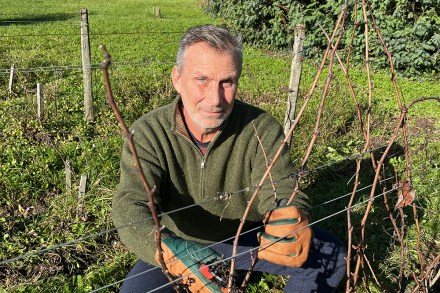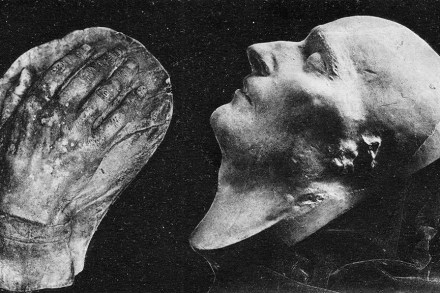Cooking up a storm of memories – Bee Wilson’s kitchenalia
More from BooksWhen Bee Wilson’s husband abruptly called time on their 23-year marriage, she was left with a house full of memories embedded in the everyday objects around her. Two months after his departure, the heart-shaped tin of the title – in which she’d baked their wedding cake – clattered to the floor for no apparent reason.






























